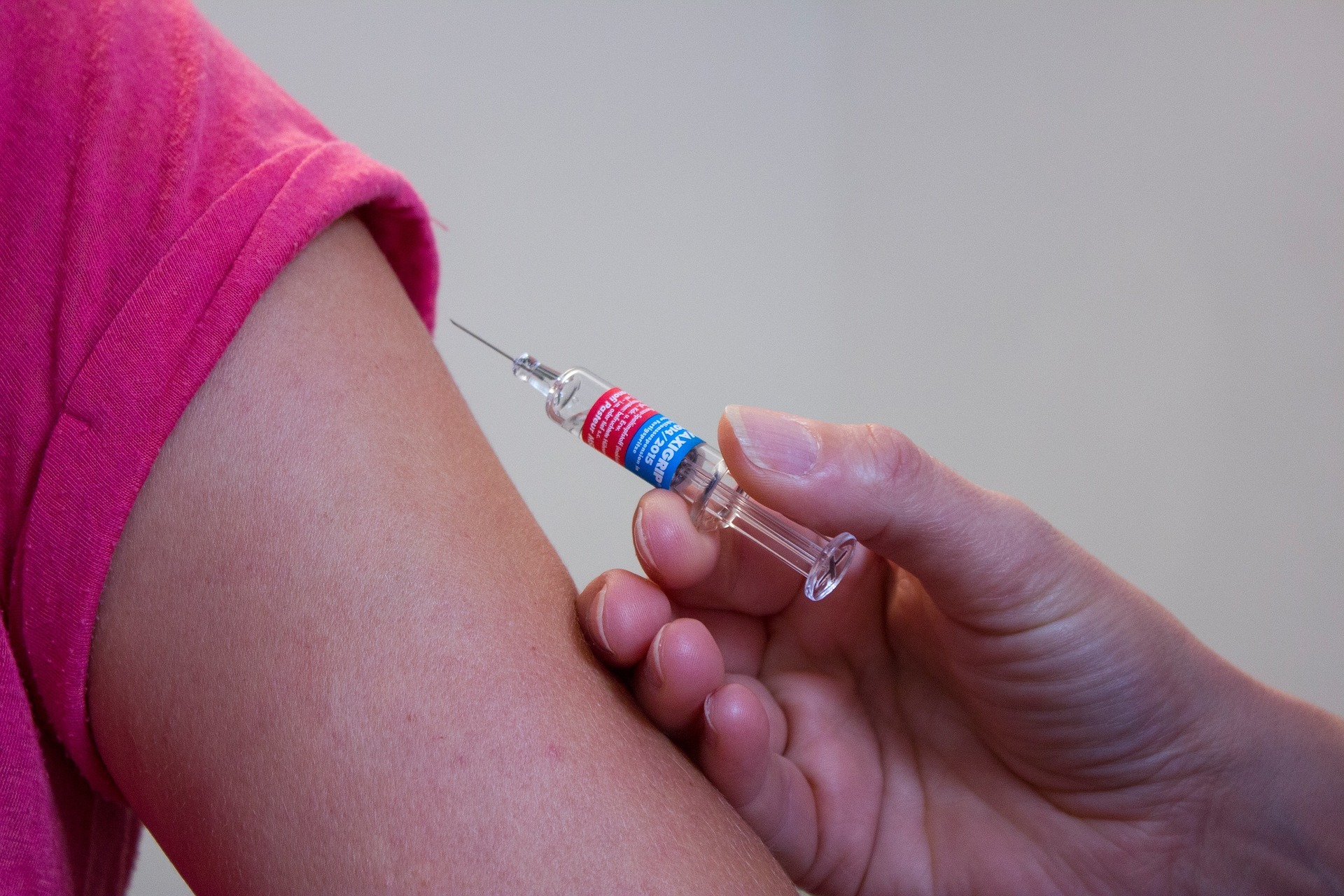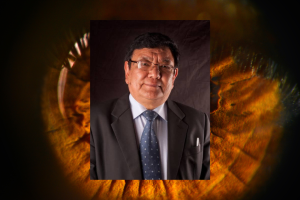Did you know about 12% of women worldwide are infected with human papillomavirus (HPV) and about 4% die from this disease?
Human papillomavirus (HPV) is a virus that caused cervical cancer in women and some anal, vaginal, and penile cancers too.
HPV also is passed from one person to another through direct skin-to-skin contact during sexual activities.
Reportedly, most sexually active people have high chances of HPV at some time in their lives.
An estimated 13,000 cases of cervical cancer has been reported in United Stated this year.
Now, imagine how much it can be all around the world?
So, the only effective way to reduce your chances of not having HPV, is HPV vaccine.
HPV vaccine effectively prevents infection with HPV types responsible for most cervical cancers and can also prevent genital warts.
Here, in this article, we bring you some of the most important things you need to know about HPV and its vaccine:
What Does HPV Vaccine Do?
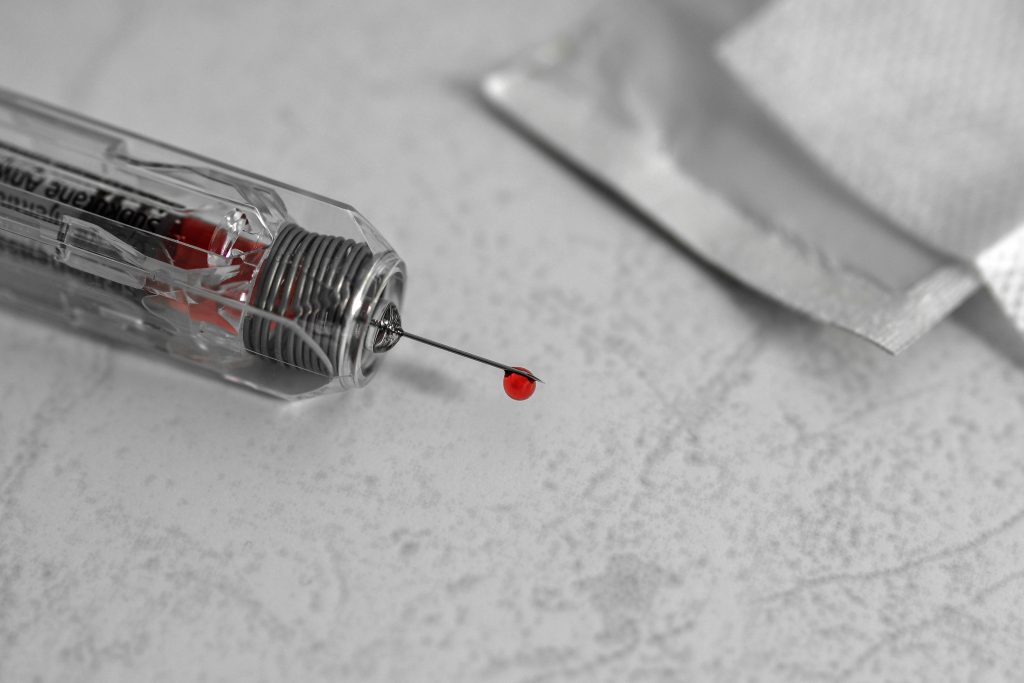
Various strains of HPV spreads through sexual contact and are associated with most cases of cervical cancer.
Recently, U.S. Food and Drug Administration approved Gardasil HPV vaccine for both girls and boys.
This HPV vaccine can prevent most cases of cervical cancer if given before the girl or woman is exposed to the virus.
Also, the Gardasil HPV vaccine prevents vaginal and vulvar cancer in women, and genital warts and anal cancer in both men and women.
Additionally, certain types of HPV have been linked to cancer in the mouth and throat. So, HPV vaccine offers some protection against these cancers too.
What Are the Ingredients?
The active ingredients in HPV vaccine are proteins that are similar to those found in the human papillomavirus.
Genetically modified bacteria produce the proteins, which are then purified and mixed into a sterile, water-based solution.
Types of HPV Vaccines
HPV immolation can prevent up to 70% of cases of cervical cancer due to HOV vaccine and 90% of genital warts.
Recently, the U.S. Food and Drug Administration (FDA) has approved 3 HPV vaccines for certain age limits:
- Gardasil 9 targets HPV types 6, 11, 16, and 18 along with 31, 33, 45, 52, and 58. These cause 90% of cervical cancer and genital warts cases, making it the most effective vaccine available. Gardasil vaccine currently is available in the United States.
- The bivalent vaccine targets HPV 16 and 18 only, and was discontinued in the United States in 2016.
- The quadrivalent HPV vaccine targets HPV 16 and 18 as well as 6 and 11, which caused most cases of genital warts. It has now been replaced by Gardasil 9 in the United States.
Who Is It For and When Should It Be Given?
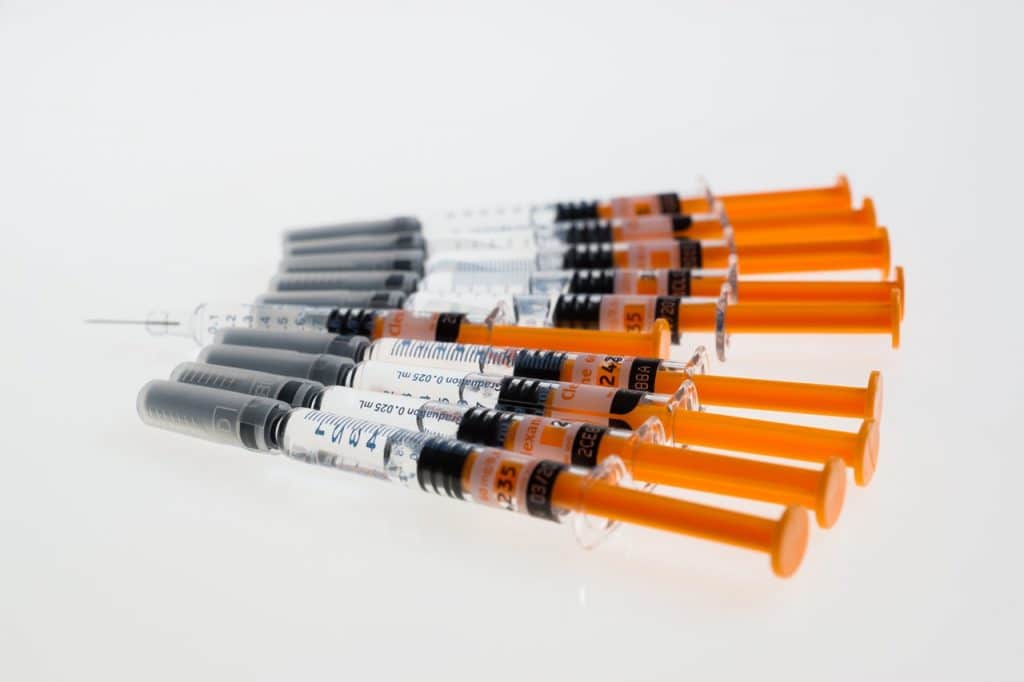
Generally, adults ages 27 to 45 are expected to have already been exposed to HPV because they’re more likely to be in long-term sexual relationships.
Yet, the U.S. Food and Drug Administration recently approved the HPV vaccine to be used by people under 9 to 45 age.
It is idea for girls and boys to receive the vaccine before they have sexual contact and are exposed to HPV.
Research has shown that receiving the vaccine at a young age isn’t linked to any earlier start to sexual activity. It is just for their protection.
Previously, HPV vaccine was recommended three-dose schedule at least six months apart.
Now, the Centers for Disease Control and Prevention (CDC) recommends that all 11 and 12 years old should schedule HPV vaccine at least six months apart.
Research has shown that the two-dose schedule is effective for children under the age of 15.
But, the teens and young adults, at the age of 15 through 26, are scheduled to receive three dosed of the vaccine at least six months apart.
How Long Does It’s Protection Last?
Research shows that the HPV vaccine protection is quite long-lasting.
Current studies have followed HPV vaccinated individuals for ten years. It shows that there is no evidence of weakened protection over time.
What Does HPV Vaccine Not Protect Against?
Be clear on one thing, the HPV vaccine does not protect against all HPV types- so they will not prevent all cases of cervical cancer.
Since some cervical cancer will not be prevented by the HPV vaccine, it will be important to consult a doctor seriously.
Also, the HPV vaccine does not prevent other sexually transmitted infections (STIs).
How Safe Is it?
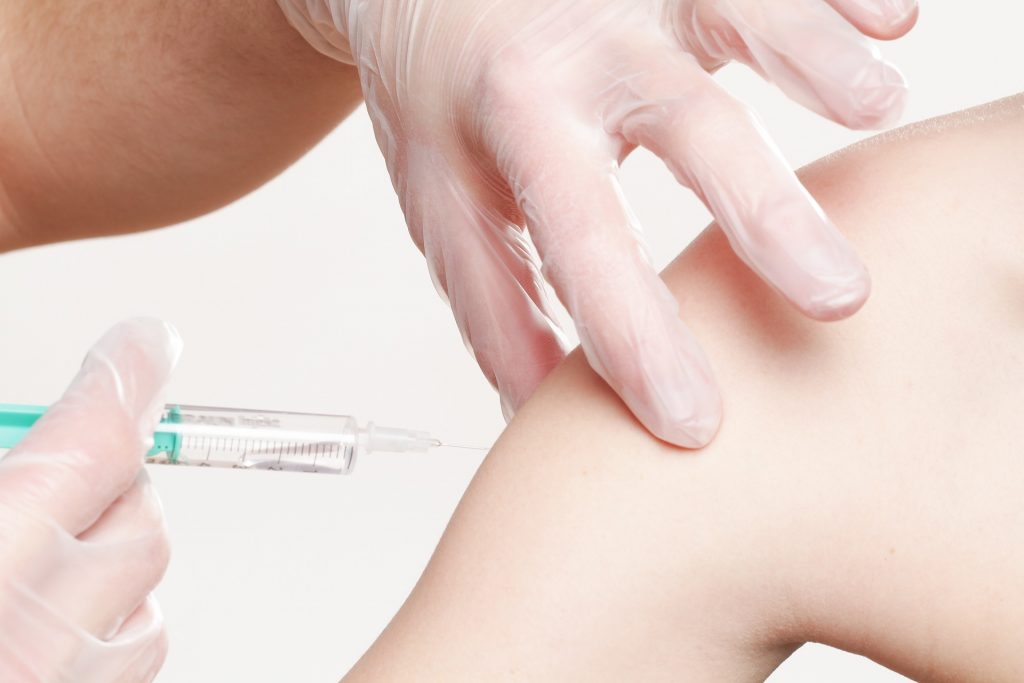
HPV vaccine has been licensed by the Food and Drug Administration (FDA).
Not only has that, the Central of Disease and Control Prevention (CDC) approved this vaccine as safe and effective.
HPV vaccine was experimented in thousands of people around the world, and these studies showed no serious safety concerns.
Vaccine safety continues to be monitored by CDC and the FDA.
Reportedly, more than 60 million doses of HPV vaccine have been distributed in the United States as of March 2014.
HPV vaccine is recommended based on age, not sexual experience.
So, it all depends on the doctor you are seeing or the type of HPV you have. Rather than that, it’s totally safe.
Who Should Not Get HPV Vaccine?
HPV vaccine isn’t recommended by doctors for pregnant women, however women who are breastfeeding can safely receive the HPV vaccine.
A pregnant woman should not get any doses of HPV vaccine until her pregnancy is completed/
Also, anyone who has had a life-threatening allergic reaction to a previous dose of HPV vaccine is not recommended to have it.
Additionally, people who have moderate or severe illness should not receive it. However, people who feel mildly ill may still receive HPV vaccine.
Whatever the reason is, do not hesitate to tell your doctor about any severe allergies or your sickness.
Risk and Side Effects of HPV Vaccine
Overall, the effects of HPV vaccine are very mild. The most common side effects of HVP vaccines includes soreness, swelling or redness at the injection side.
Also, sometime dizziness or fainting occurs after the injection. Remaining seated for 15 minutes after the injection can reduce the risk of fainting.
Additionally, headaches, nausea, vomiting, fatigue or weakness also may occur.
On very rare occasions, severe allergic reactions may occur after vaccination. People with severe allergies to any component of a vaccine should not receive it.
What is Cost For HPV Vaccine?
The cost of HPV vaccine varies based on which vaccine and where you get it.
But, in general, the cost ranges from $130 to $170 per shot, for a total of $390 to $500.
The age group of which the vaccine is covered as well as whether it is covered for females and males also varies the cost.
Many large health insurance providers cover on of the vaccines, but that varies among different providers and policies.
Once you obtain health insurance you can always call your insurance provider to determine if it cover HPV vaccine or not.
Other Prevention Methods for HPV
HPV spreads through sexual contact- oral, vaginal or anal.
For those who are sexually active, use of condoms may lower the chance of getting HPV.
People can also lower their chances of getting HPV by being in a faithful relationship with one partner, and limiting their number of sex partners.
But even people with only one lifetime partner can get HPV. So, the only sure way to prevent HPV is to avoid all sexual activity.
Smoking also raises the risk of cervical cancer. To detect cervical cancer in the earliest stages, see your health care provider for regular Pap tests beginning at age 21.
Seek prompt medical attention if you notice any signs or symptoms of cervical cancer- vaginal bleeding after sex, or pain during sex.






